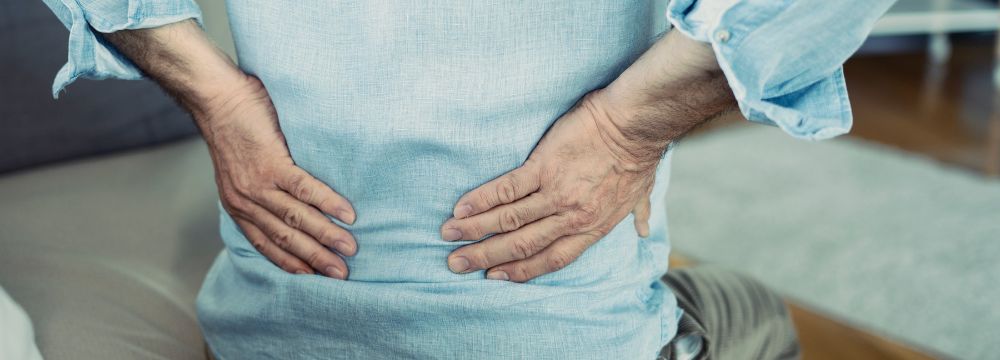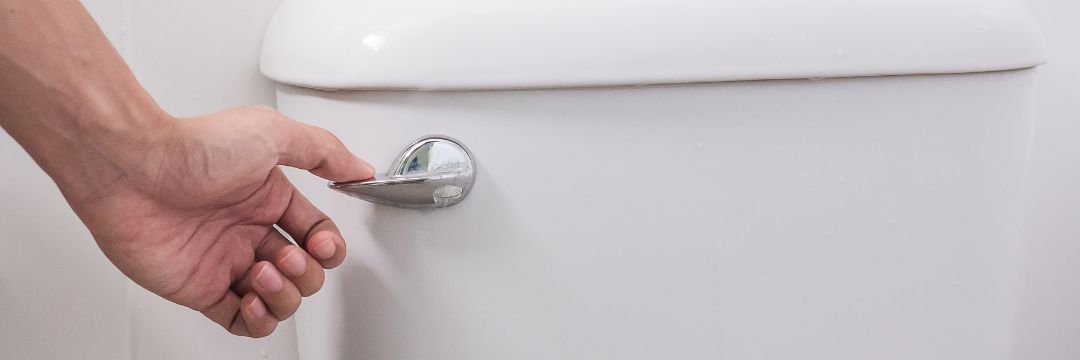
This kidney stone season, it’s our mission to help patients understand what kidney stones are and what they feel like so they can differentiate them from other issues, such as general back pain. And indeed, this is a question we get very often. How exactly do you know if you have kidney stones? And how can you be sure it’s not back pain? In this article, we will discuss the locations and sensations that may be typical of one or the other. It’s important to remember, however, that differentiating between kidney stones and back pain can often be difficult, and a professional diagnosis by a primary care physician or urologist should be pursued. Don’t try to self-diagnose, as many issues with structures and organs can radiate pain throughout the back.
When It’s Likely Back Pain
A few telltale signs of back pain differentiate it from the discomfort associated with kidney stones. Remember, this is a partial list, so it is best to consult your medical team.
Low back pain. Low back pain emanating from the center of the back or spinal area is rarely due to kidney issues. It is more often caused by strain in the lower back, poor posture, spinal problems, or a bulging or herniated disc. Kidney stone pain is frequently higher in the back due to the location of the kidneys, which are just under the lower part of the rib cage. However, kidney stone pain can radiate to the lower back but usually emanates from the flanks.
Pain that disappears with rest and cessation of activity is most likely due to muscle strain or a cause other than kidney stones. Remember that the cause of kidney stone pain is the backflow of urine due to blockage, which causes inflammation of the kidneys. As such, changing activity levels typically does not change the pain associated with kidney stones.
As you may have heard, kidney stone pain is often very severe, so if the pain you’re experiencing is dull, it’s likely back pain.
Characteristics and Associations of Kidney-Related Pain.
Symptomatic kidney stones are punctuated by sharp pain rather than a dull ache. However, a kidney infection can present with a dull ache. As such, the type of pain experience may not be as predictive as the location of the pain.
Pain or discomfort that comes with blood in the urine or hematuria is usually a result of a kidney stone or infection of the urinary tract. This is a total differentiator from muscle pain which does not involve the urinary system.
Pain that radiates down the buttocks or the legs is most often caused by nerve problems in the spinal cord rather than kidney function.
Nausea or vomiting that co-occurs with the back pain is typically a sign of urinary tract or kidney issues rather than a muscle strain.
The Bottom Line
Though it may be tempting to try to differentiate back pain from kidney stone pain, we always suggest contacting your primary care physician or a qualified urologist to understand more and get an appropriate diagnosis. Contact Dr. Natale to schedule an appointment.





